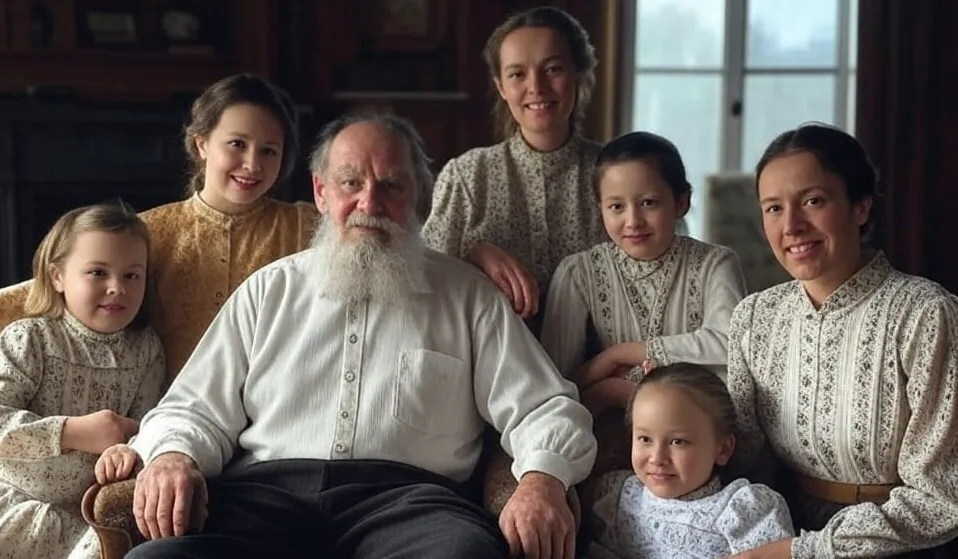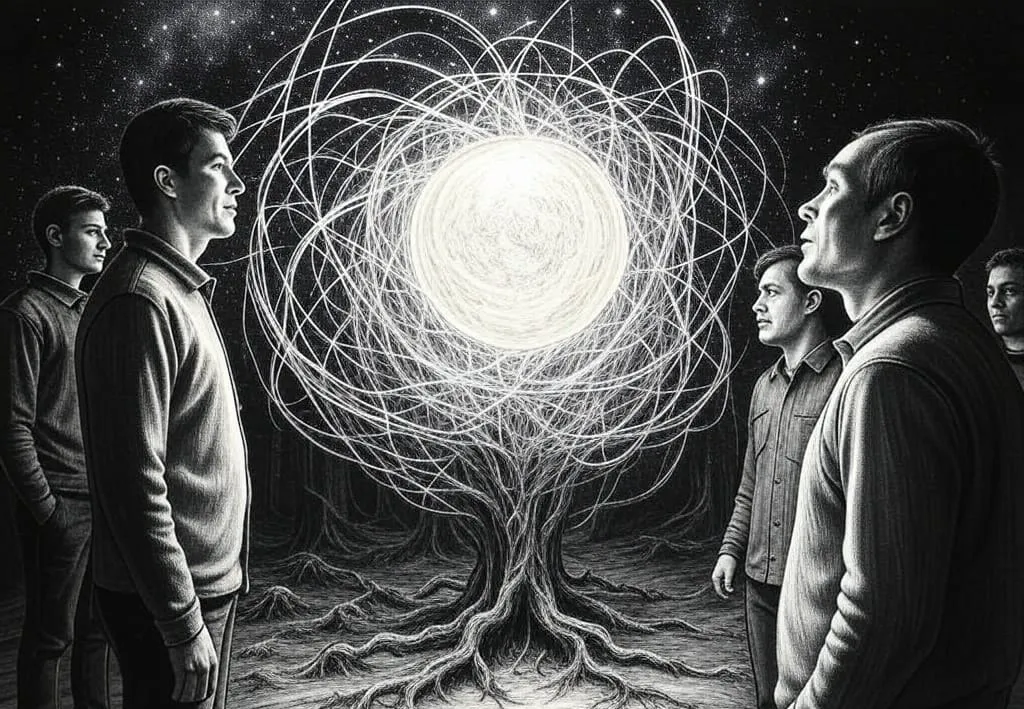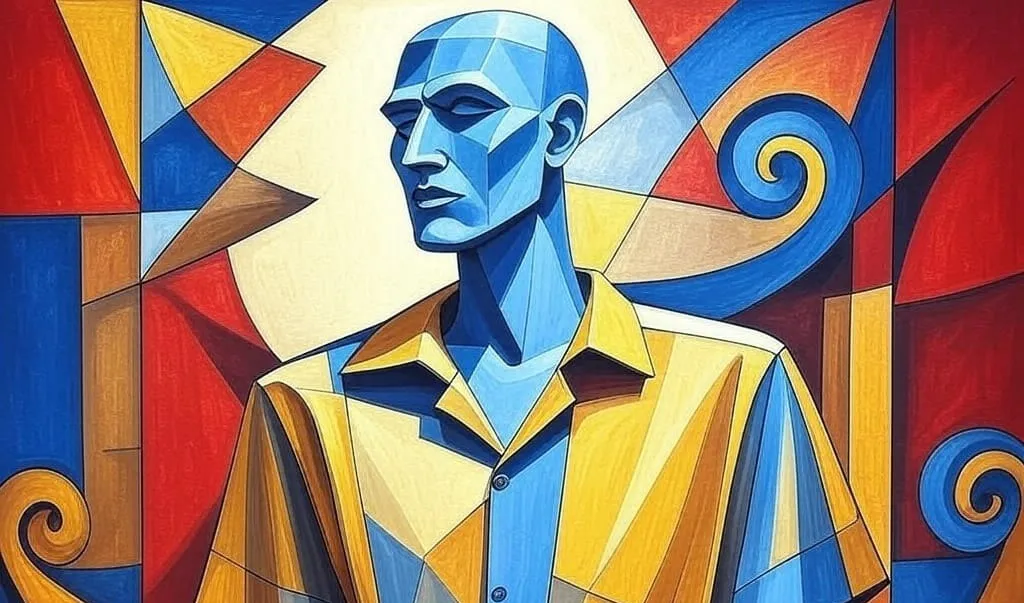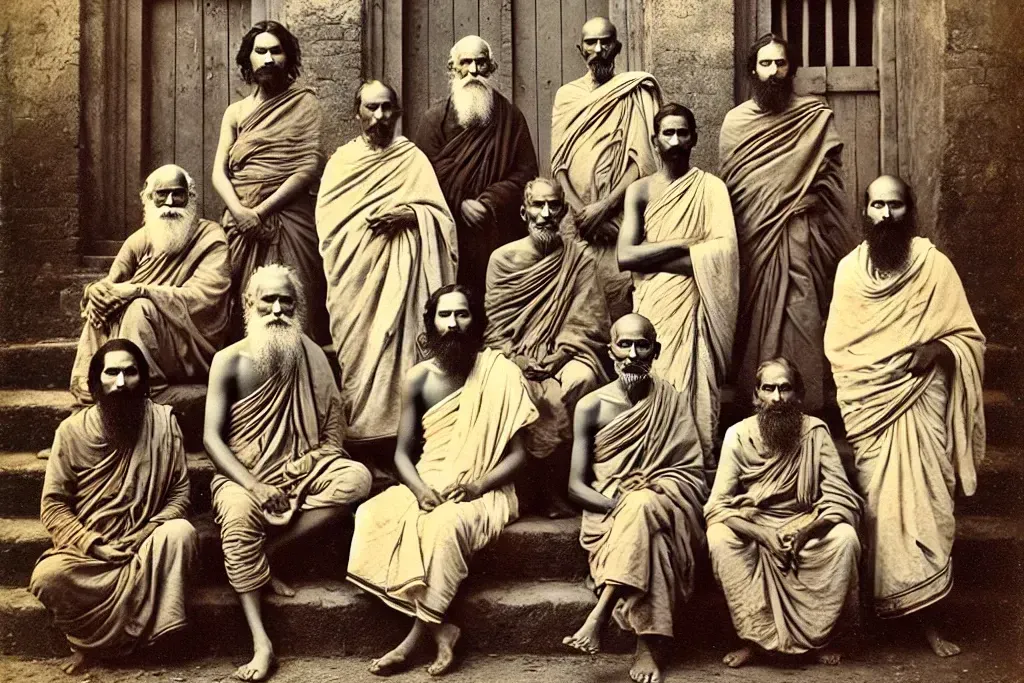The aim of an artist is not to solve a problem irrefutably, but to make people love life in all its countless, inexhaustible manifestations.
Leo Tolstoy. You’ve probably heard of him—or at least his massive book, War and Peace. He’s one of the most famous writers ever, but his story is so much more than just words on a page.
Tolstoy was a guy who lived big, messed up a lot, and spent his whole life trying to figure out what really matters.
He was born rich, wrestled with his wild side, wrote books that changed the world, and ended up chasing a simpler, deeper truth. I’m excited to share his journey with you—not as some know-it-all, but as a friend who’s found something worth talking about.
From Rich Kid to Restless Soul
Tolstoy was born in 1828 in Russia, back when it was ruled by a tsar and most people were serfs—poor folks tied to the land. He wasn’t one of them. He was a count, born into a wealthy family with a huge estate called Yasnaya Polyana. He had servants, money, and 330 serfs he inherited at 19. Life could’ve been easy, but Tolstoy wasn’t built for that.
As a young guy, he partied hard. Gambling, drinking, prostitutes—you name it, he did it. He even caught a disease from his hookups and landed in a hospital. But here’s the thing: he hated himself for it. He started a diary to track his mistakes and promises to change. One time he wrote, “Disgusting! Girls, vodka, wild shrieks… But absolutely the last time.” He didn’t just shrug it off like others might. He felt torn—loving pleasure but crushed by guilt.
That tension showed up in his early writing. His first book, Childhood, feels like a kid’s diary, raw and honest. Later, in The Cossacks, he wrote about freedom during his time as a soldier in the Crimean War. He said he loved being free but kept looking for something worth giving it up for. Nothing clicked yet.
A Star Who Didn’t Fit In
After the war, Tolstoy came back to Russia a hotshot writer. Big names like Ivan Turgenev wanted to meet him. But he didn’t play nice. He was brilliant, sure, but cocky too—he’d insult people just because he could. He didn’t like groups unless he was in charge. So, he ditched the city life and headed back to Yasnaya Polyana, where he was the boss.
Still, he was lonely. He craved a family. At 34, he met Sofya Behrs, who was just 17. He proposed fast, and they married a week later. Before the wedding, he made her read his diaries—all the messy, sinful stuff. She was shocked but stuck with him. Their marriage was intense—passionate but rough. They wrote diaries for each other, sharing everything, which brought them close but also hurt sometimes.
Sofya was a rock. She ran the house, had 13 kids, and even copied War and Peace by hand—seven times! Without her, Tolstoy’s best work might not exist.
War and Peace: The Game-Changer
Now, let’s talk War and Peace. It’s a giant book—over 1,700 pages—about Russia fighting Napoleon in 1812. But it’s not just war stuff. It’s about life: love, family, and the search for meaning. Tolstoy said it wasn’t a normal novel. It didn’t follow rules—no tidy endings, tons of characters, and a mix of story and deep thoughts.
Take Pierre Bezukhov, a guy a lot like Tolstoy. Pierre’s rich but lost, asking, “What for? Why? What’s going on?” He stumbles through life, desperate for purpose. Or Natasha Rostova—she’s at her first big dance, nervous but trying to act cool, heart pounding. We’ve all been there, right? Tolstoy doesn’t waste time describing their looks. He digs into their heads, making you go, “Wait, how does he get me so well?”
When it first came out in pieces, people were confused. They didn’t know who the main characters were or when it’d end. But that’s why it’s special—it feels like real life, messy and open-ended. Today, it’s called one of the greatest books ever because it shows life’s highs, lows, and everything in between.
The Crisis That Changed Everything
After War and Peace, Tolstoy wrote Anna Karenina, about two families—one happy, one not. People loved it. But when he finished in 1877, he crashed hard. He felt empty, like he’d poured everything into his books and had nothing left. He wrote, “I wrote everything into Anna Karenina, and nothing was left over.” He even hid his shoelaces to stop himself from suicide.
That darkness pushed him to faith. He read the Bible, especially Jesus’s Sermon on the Mount, and found answers. He kept it simple—no miracles, just practical wisdom. He even rewrote the gospels, which was wild for Russia back then. He believed real change starts inside you, not out there in the world.
So, he changed his life. He wore peasant clothes, worked the fields, and quit smoking, drinking, and meat. He spoke out against war and violence. He wanted to give away his wealth, but that freaked out Sofya—she had kids to raise and didn’t want to live poor.
A Prophet With Problems
By the late 1800s, Tolstoy was more than a writer—he was a moral leader. People worldwide, like Gandhi, read his ideas about peace and simplicity. But at home, things fell apart. Sofya couldn’t follow his new path, and his followers—like Vladimir Chertkov—pushed her away. The marriage that started so strong turned bitter.
Tolstoy kept writing, mixing his beliefs with stories. In Master and Man, a rich guy saves his servant in a snowstorm, realizing too late that life’s about others, not stuff. It’s deep but real.
In 1910, at 82, he’d had enough. He left home in the night, chasing a simpler life. He got sick on a train and died in a tiny station house. His last words? “To seek, always to seek.” That was him—never done looking for truth.
What Tolstoy Teaches Us
So, what’s in this for us? Tolstoy’s life was a rollercoaster, and he didn’t have all the answers—none of us do. But here’s what sticks out:
Life’s messy. He struggled with guilt, love, and purpose.
Meaning’s in the small stuff. Not fame or money, but family and friends, moments, connections.
Keep asking questions. He never stopped seeking for Truth and Meaning, even when it hurt.
Life’s not about having it figured out. It’s about loving it, flaws and all, and searching for what’s real.
Tolstoy’s gone, but his story’s here. It’s a nudge to keep going, to care, and to wonder.




